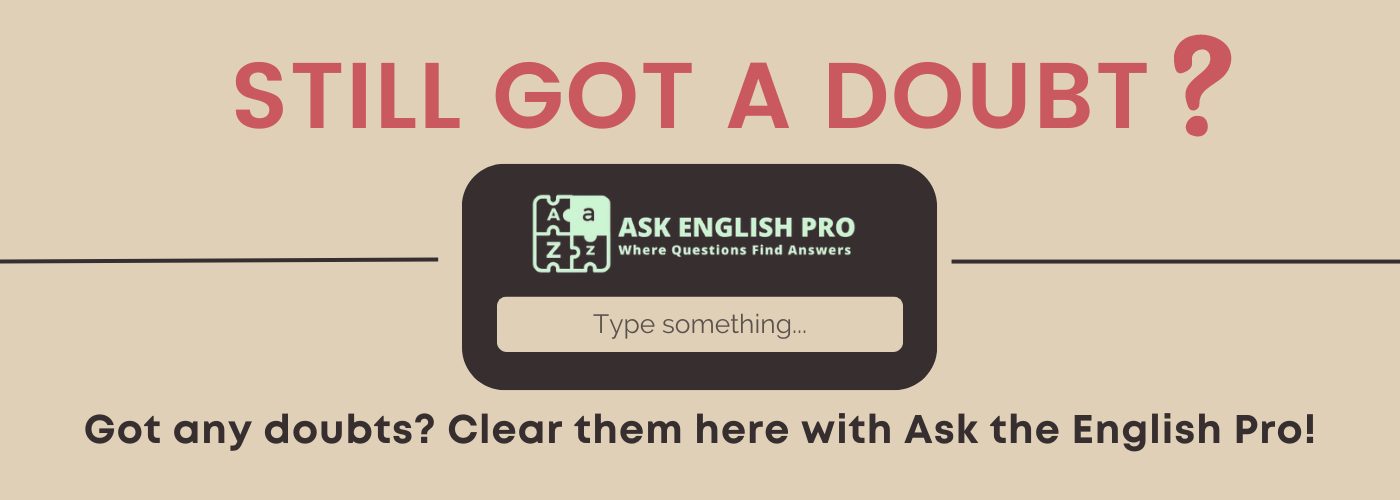Detailed Article for the Word “Swindle”
What is Swindle: Introduction
Imagine discovering that a prized artifact or a “can’t-miss” investment was nothing more than a fabricated tale, spun by a master deceiver. Such situations evoke the concept of a “swindle,” a deceptive scheme aimed at personal gain by exploiting others’ trust or hope. In a world of complex financial systems and online scams, the concept of swindling remains as relevant as ever, often warning us of the risks behind tempting offers and too-good-to-be-true promises.
Origin and History of the Word Swindle
The word “swindle” traces back to the German word “schwindeln,” meaning “to be dizzy” or “to swindle,” from the verb “schwinden,” meaning “to disappear.” The notion of dizziness or confusion aptly describes the tactics of a swindler, who often aims to obscure reality, leaving victims disoriented. This term made its way into English in the early 19th century, quickly gaining traction as industrialization and urbanization created fertile grounds for trickery in financial and social transactions. Over time, “swindle” has come to signify a wide range of deceitful practices, from minor scams to large-scale fraud.
Meaning and Definition of Swindle
Swindle (noun/verb):
- (As a noun) A fraudulent scheme or act intended to deceive someone to achieve financial or personal gain
- (As a verb) To cheat, deceive, or defraud someone, typically for monetary gain
- Used in various contexts to describe minor scams, significant frauds, or morally dubious actions
Usage note: Swindle often implies the involvement of trickery, misleading actions, or betrayal of trust.
How to Pronounce Swindle
SWIN-dl
How to Remember Swindle: Memory Tips
Think of “wind” within “swindle”—just as a strong wind can leave one disoriented, a swindle leaves the victim “spun” or confused by deception. Alternatively, envision a “swindling wind,” blowing away both money and trust from those who are taken in by it. A helpful mnemonic might be: “A swindle spins truth into lies for gain.”
Swindle in a Sentence: Examples and Usage
- Historical: The Ponzi scheme was one of the largest swindles of the 20th century, deceiving thousands of investors.
- Literary: In Dickens’ novels, characters are often swindled by those who prey on the naive.
- Financial: She realized too late that the investment was a swindle, designed to enrich only its creators.
- Everyday Conversation: “They promised amazing results but never delivered; it felt like a total swindle.”
- News Media: “A major pharmaceutical company was fined for swindling the government with inflated prices.”
- Online: Scams and swindles are rampant on social media, exploiting people’s trust for profit.
- Technical: In cybersecurity, phishing is often used to swindle sensitive information from unsuspecting users.
Difficulty Level of Using Swindle
Intermediate:
- Common in discussions of fraud or deceitful practices
- Clear meaning, but usage may require an understanding of context around deception or trust
Modern Usage of Swindle in Contemporary Context
In today’s complex world, swindling tactics have evolved, especially with digital platforms providing new opportunities for deception. Common online swindles include:
- Phishing scams: Targeted attempts to obtain sensitive information under false pretenses
- Investment fraud: Fraudulent schemes that promise high returns with minimal risk, exploiting investors
- Social media swindles: Fake accounts and bots promoting false products or services
- Fake charity swindles: Deceptive organizations posing as charities to exploit goodwill
Swindling has also expanded beyond individuals to large-scale corporate frauds and financial scams, with legal ramifications and significant social impact:
- Corporate fraud cases: such as Enron, where executives swindled investors with misleading financial statements
- Tax evasion schemes: Deceptive practices where individuals or corporations avoid lawful tax payments
- Job recruitment scams: Online platforms hosting fake job listings to steal personal data
Awareness of swindling methods is essential in today’s digital and globalized society, where swindlers are continually adapting to new technologies. Vigilance, critical thinking, and proper security measures are critical defenses against these modern-day swindles.



















